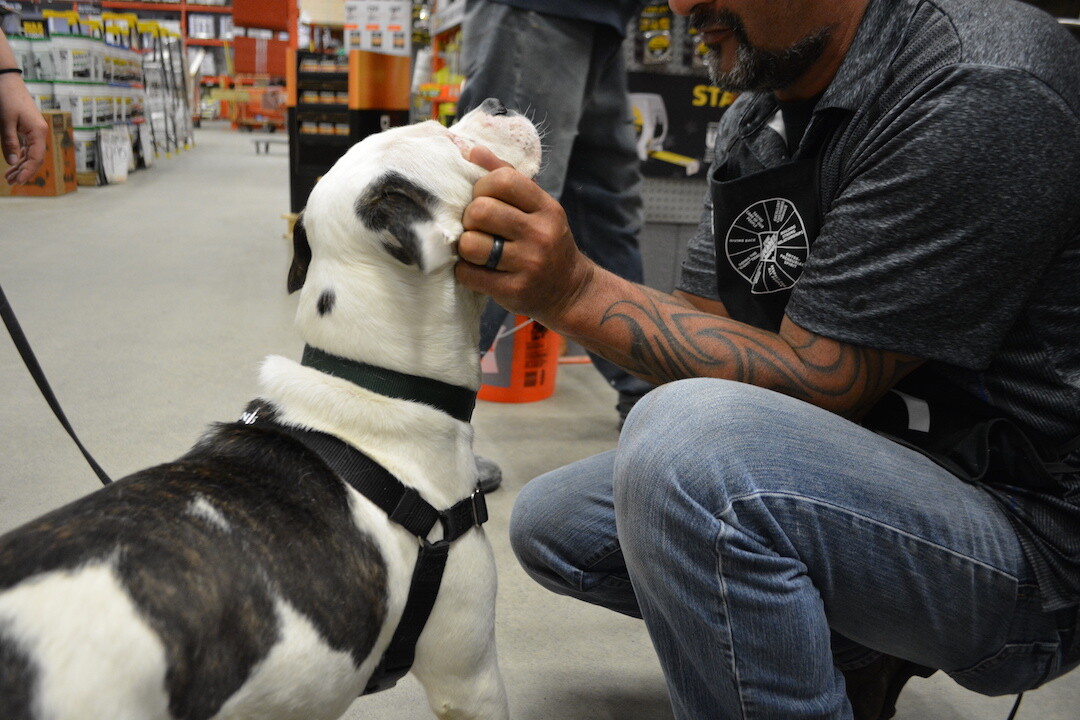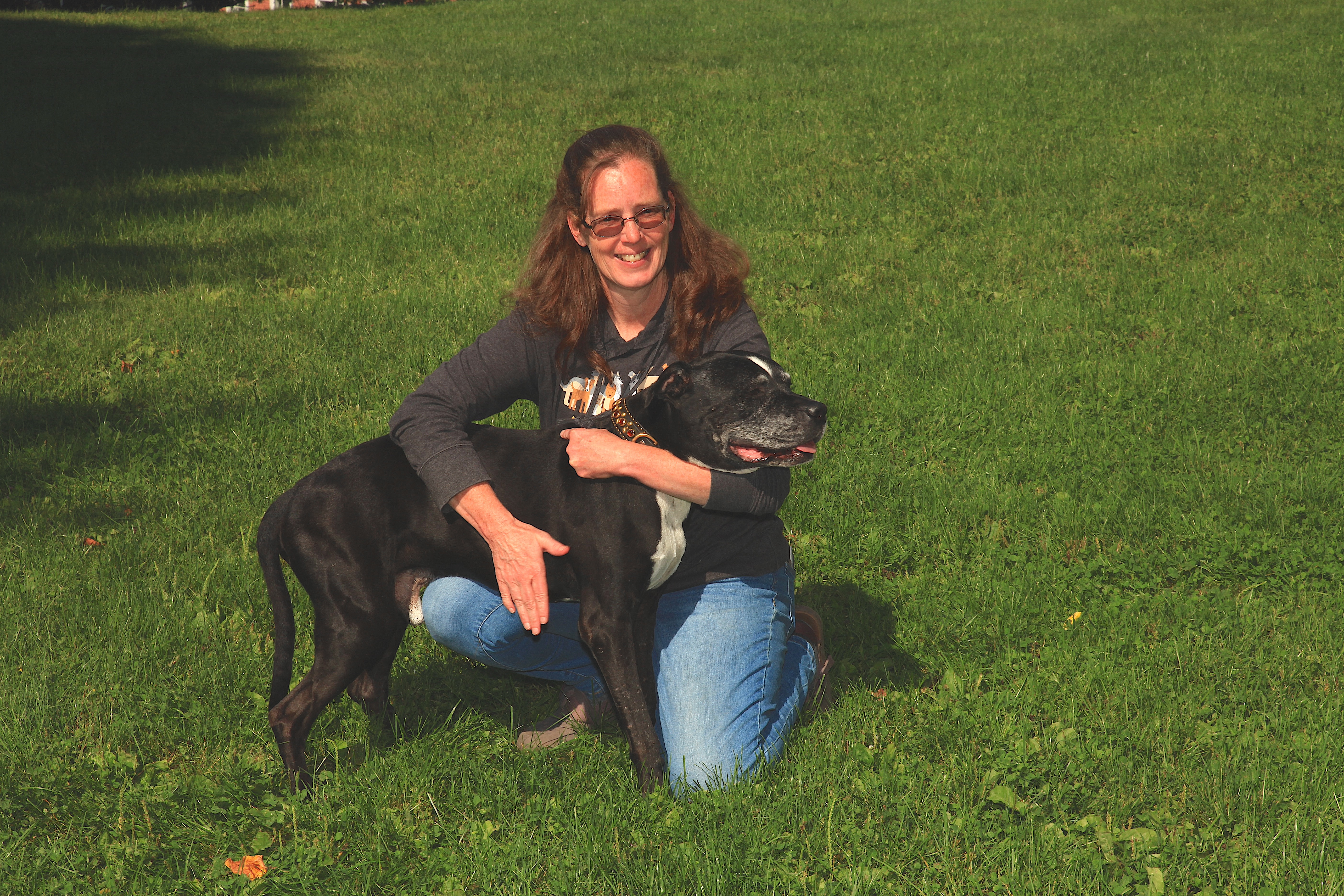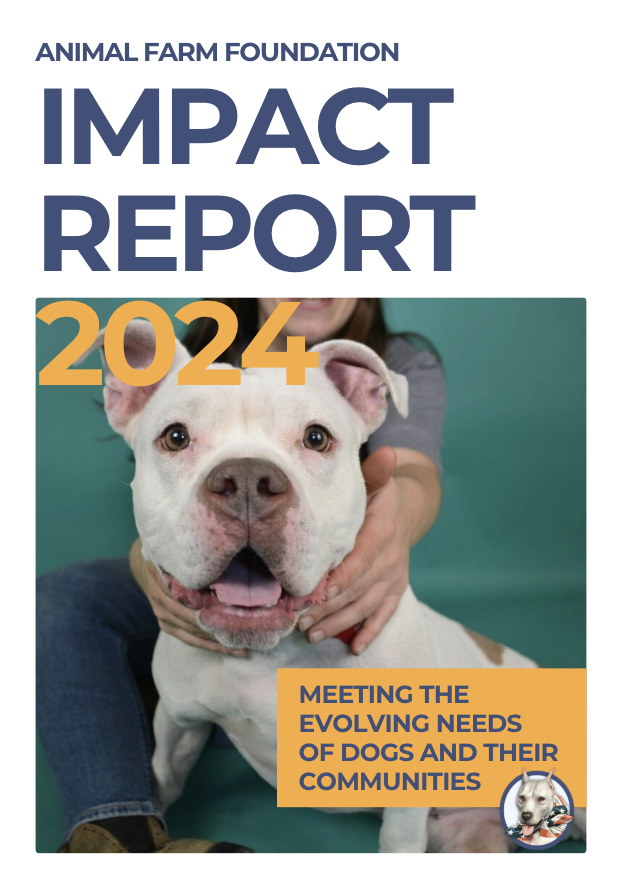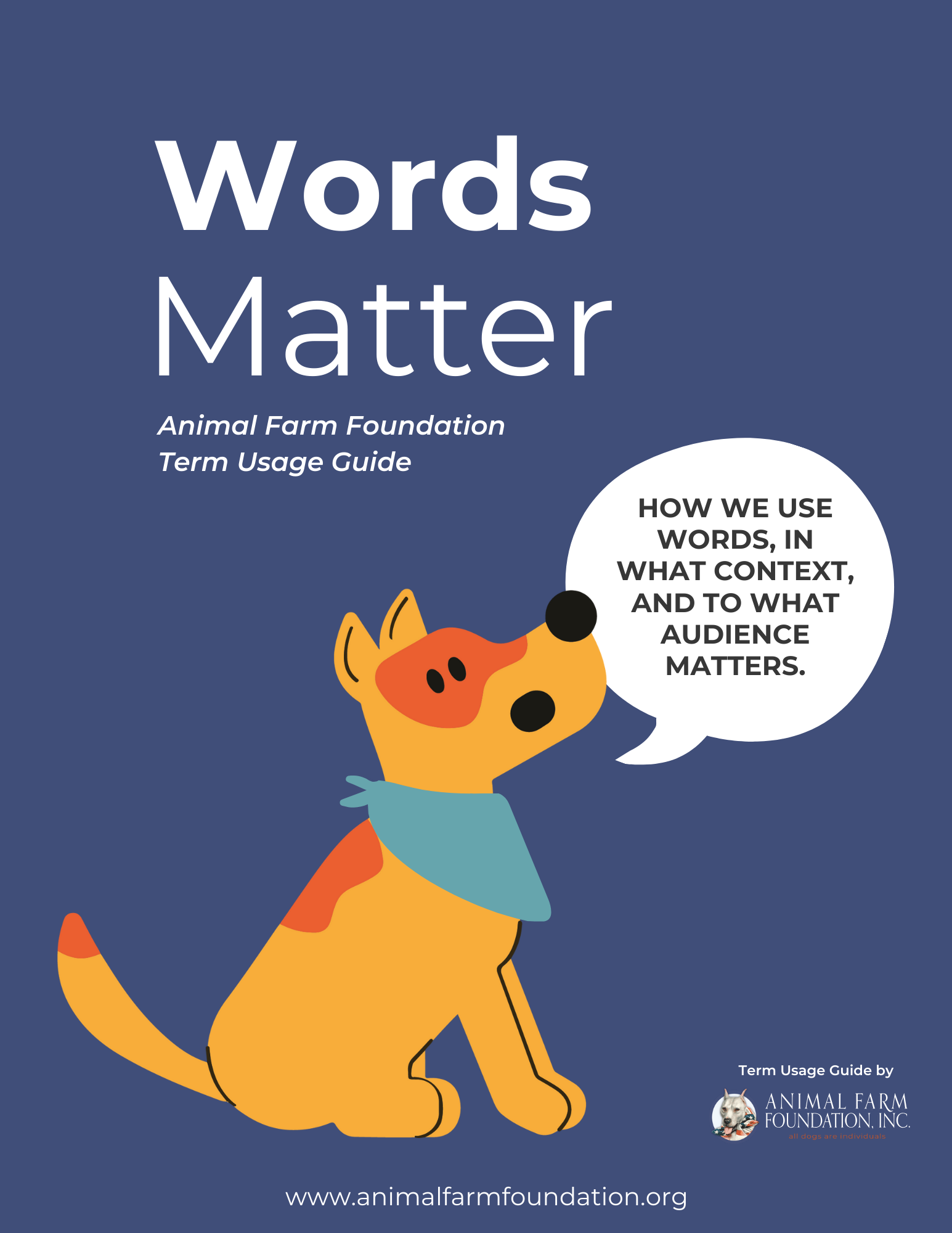In our podcast from last week, Are We Loving Shelter Pets to Death, we challenged people who believe that free adoptions are detrimental to dogs to examine where this belief comes from. One of the points we made is that there is classism behind this belief. We all have our own level of bias and it’s important that we deal with it.
We received an email from a woman involved in animal rescue (we are not naming her or her rescue) who had a lot to say about our podcast and our take that being anti-free adoption events is classist. Unfortunately, all her email did was prove our point that classism is a strong undercurrent in animal welfare.
Because she is most certainly not the only one who feels this way, we decided to respond to her email publicly. Here is our point by point response:
“I read the article on “Are we loving shelter pets to death?” I disagree with free adoption. It has nothing to do with thinking they will be abused.
No. It isn’t.
This is not true at all. If a dog is a stray, chances are we don’t know its background or who its owners were. When we do know who their owners are, we don’t usually know their income level or anything about them.
The assumption that 90% of dogs in shelters are abused or neglected is an outdated one and one that does an incredible disservice to shelter dogs. These assumptions are most often false and they are based on nothing more than extremely biased guesswork.
Assumptions don’t make for good policy and they don’t help dogs or people.
LISTEN TO THE EPISODE
Honestly, I’m not sure what to say about this level of discriminatory thinking. This is downright disgusting. This was the line that made us want to write about this publicly. We can say all we want that classism is behind people’s dislike of free adoption events, but sometimes you have to show people to make them believe it.
This person clearly showed us who she is.
The reality is that people on a low income often feed their dogs before they feed themselves. Again, you could talk to anyone who works within their community to help people and their dogs and you’d find this to be true.
Now, let’s address the truly infuriating line: “start abusing them out of their own failures in life.”
People on a low income include veterans, the elderly, and people with disabilities. Are those people failing in life? Are those people responsible for the fact that society as a whole tends to not think of them as actual people? Are those people responsible for their own marginalization, lack of accessibility, and income inequality?
No, they aren’t.
Seventy-eight percent of Americans live paycheck to paycheck. Studies say that millions of Americans are one health crisis away from poverty. Are cancer survivors at fault for their financial state? Are people suffering from chronic illnesses at fault?
This “rescuer” is saying that they absolutely are.
There is no room in animal welfare for classism
Currently, tens of thousands of people are being forced to work without pay due to the government shutdown. Do you know what real animal welfare workers and volunteers are doing? Helping them feed their pets. They aren’t blaming them for things that absolutely aren’t their fault.
They are helping them, because that’s what humans do for one another. Because that’s how you preserve the human-canine bond.
“An adoption fee is not meant to make money, it is in place to ensure the “shelter, rescue, pet” will get vaccinated, neutered/spayed, and cared for.“
This is 100% true. Rescues often cannot waive their adoption fees because they run on an extremely limited budget. But our podcast wasn’t about free adoptions for rescues. It was about free adoptions for high intake shelters. Limited intake rescues don’t have the same issues.
“People that take “free” dogs cannot afford them, then weeks or even months later they are returned to the shelter or reach out to rescues to “rehome” the dog.”
Many people of all different income levels adopt dogs during these events. For many, they’ve been thinking about getting a dog for a long time and this sort of event is the thing that gives them the nudge to do so.
As we pointed out in the blog that accompanied our last podcast, studies show that these dogs are no more likely to return to the shelter than dogs adopted at any other time.
There’s also the very classist assumption that people on a low-income can’t possibly love a dog as much as someone of a higher income.
Anyone who works in animal welfare will tell you that people of all income levels return dogs to shelters or abandon them. And the reasons why people do this vary widely. It’s not always for lack of love.
She spelled “discriminate” wrong.
You can’t advocate for companion animals if you discriminate against their companions.
No, they don’t.
What sets dogs and people up for failure is blatant and cruel discrimination. Patting oneself on the back while looking down your nose at others is inhumane.
You can’t advocate for dogs and dehumanize people at the same time.
There is no room in animal welfare for classism.
Thanks for coming to our Ted Talk.







